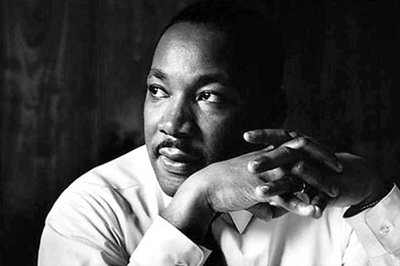By Imani M. Cheers, Ph.D.
Subject(s)
Social Studies, History, World History
Estimated Time
Two-Three 45 minute periods
Grade Level
9 - 12
Objective
Students will:
-
Learn the differences between a leader, warlord and dictator using historic and contemporary examples.
-
Understand the role of the International Criminal Court
-
Conduct a mock trial
Overview
In this lesson, students will explore the difference characteristics between a leader, warlord and dictator using contemporary examples. Students will then be divided into teams and using one of the 10 examples (or other more relevant examples for your classroom) prepare and conduct a Mock trial.
Background
Throughout history countries around the world have experienced strife, turmoil, peace and prosperity. During periods of unrest and transitions of leadership different types of rulers have risen to power through military force, democratic election and succession.
Procedure
-
Take a poll amongst your students and ask them:
-
What is the difference between a
leader
,
warlord
and
dictator
? Survey the responses, recording various answers.
-
Using a map of the world ask students to name various examples for each of the previous titles. Survey the responses, recording various answers.
-
Inquire who can identify the following leaders, warlords and dictators. Survey the responses, recording various answers.
-
Idi Amin
-
Adolf Hitler
-
Saddam Hussein
-
Kim Jong-il
-
Omar Al-Bashir
-
Robert Mugabe
-
Bashar al-Assad
-
Hosni Mubarak
-
Charles Taylor
-
Mobutu Sese Seko
-
Divide students into teams allowing them to conduct research on one of the 10 aforementioned leaders, warlords and/or dictators.
-
During their research, inquire about their knowledge of the
International Criminal Court
. Survey their responses, recording various answers.
-
Prepare your class to conduct a
Mock Trial
. Explain to students that they will now delve further into the mock trial process, requiring them to mine core texts for quotes, facts, insights and perspectives.
-
Familarize students with the process, especially the players in a trial courtroom (prosecutor, defending attorney, juror, bailiff, defendant, witness) and the stages of a trial. Provide them with related resources including the American Bar Association’s
guide to mock trials
(PDF), the New Hampshire Bar Association’s
Overview of the Legal System
for students (PDF), Classroom Law Project’s
Manual for Mock Trial
(PDF) and FindLaw’s explanations of the stages of
criminal
and
civil
cases .
Extension Activities
Have students build a multimedia project prosecuting or defending their assigned leader, warlord or dictator. Use the links below for assistance.





